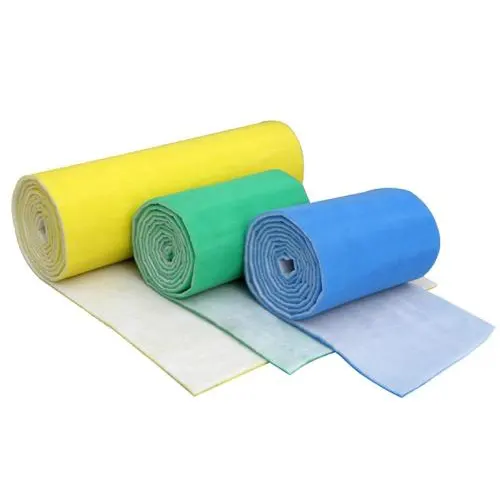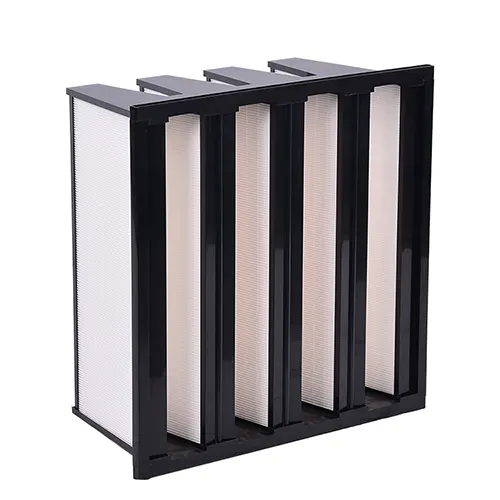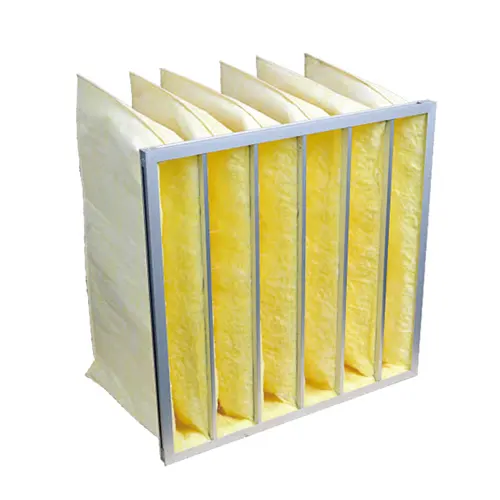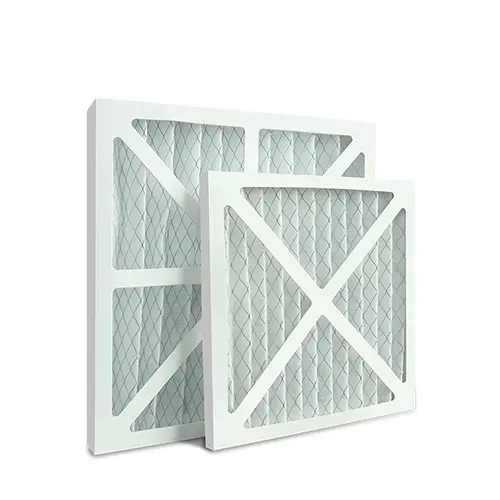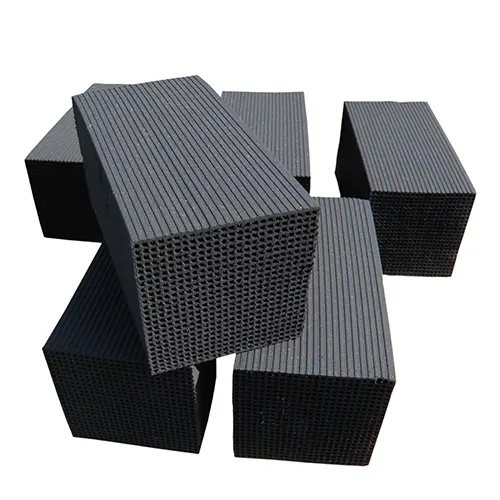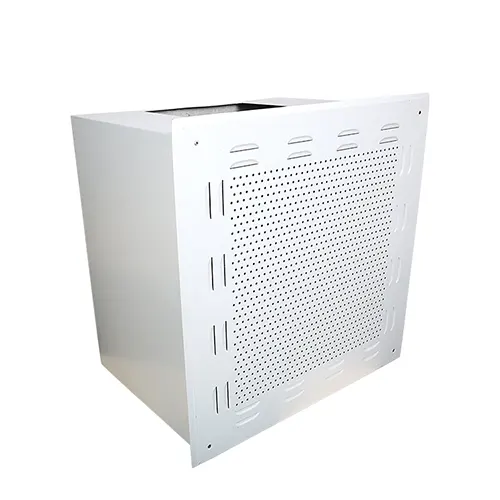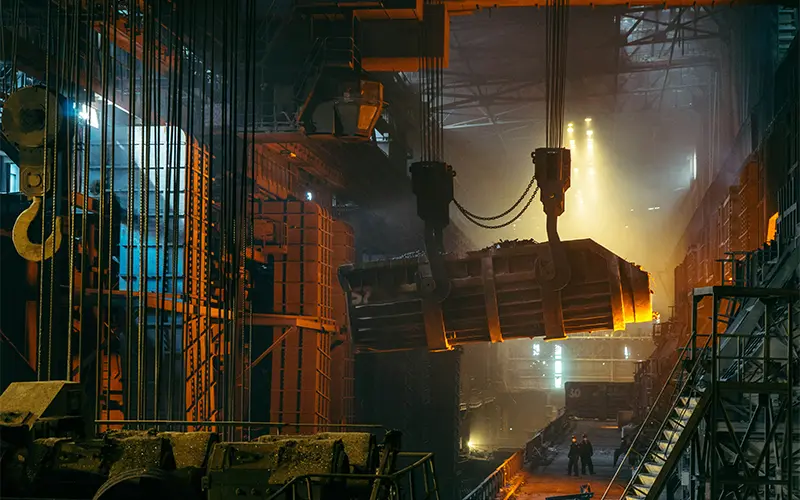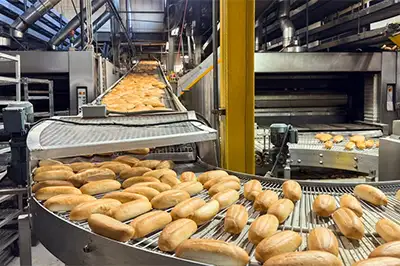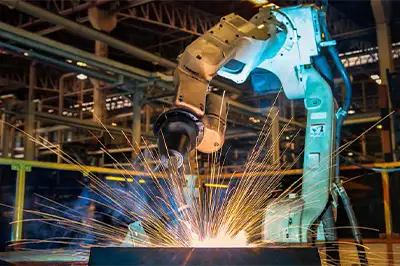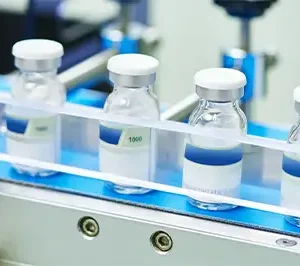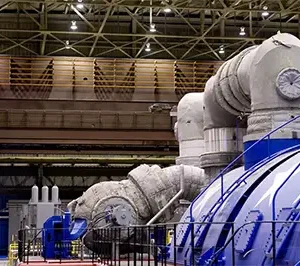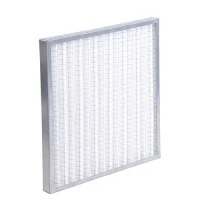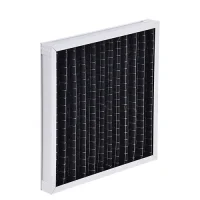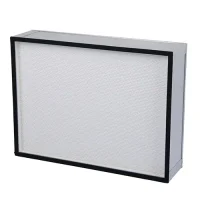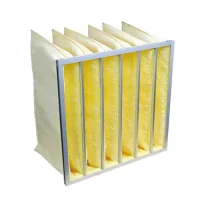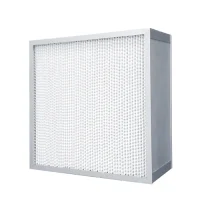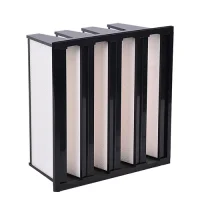Air filters are essential in industrial environments to maintain air quality, protect machinery, and ensure the health and safety of employees.
Improved Air Quality
Air filters are crucial for removing harmful pollutants, dust, and airborne particles from the air. In industrial settings, these contaminants can come from manufacturing processes, equipment, or outdoor air. By filtering these pollutants, air filters help create a safer and cleaner environment for workers, improving their overall health and reducing respiratory issues.
Protection of Machinery and Equipment
Industrial machinery and HVAC systems can be damaged by the buildup of dust, dirt, and other particulates. Air filters prevent these particles from entering critical equipment, which helps to reduce wear and tear, extend the lifespan of machinery, and minimize costly repairs and downtime.
Compliance with Safety Regulations
Many industries, such as pharmaceuticals, food processing, and electronics manufacturing, are subject to stringent air quality standards. Using the right air filtration system ensures compliance with local and international safety regulations, helping businesses avoid fines and legal issues while maintaining a safe working environment.
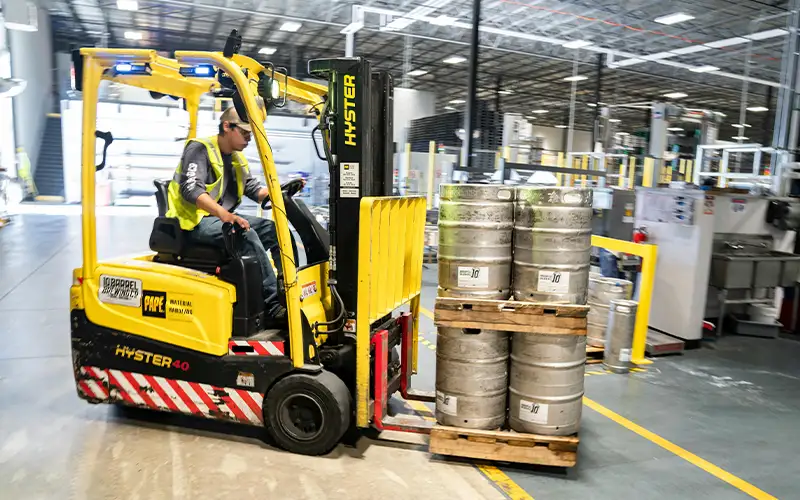
Enhanced Productivity and Efficiency
By maintaining clean air, air filters help to improve the efficiency of both human workers and machinery. Clean air allows employees to work in a more comfortable and healthy environment, reducing fatigue and increasing focus. Meanwhile, equipment that operates in a clean environment is less likely to experience mechanical failures, leading to higher productivity.
Reduced Health Risks for Workers
Industrial workers are often exposed to hazardous materials such as chemicals, dust, and fumes. Air filters capture and remove these harmful substances from the air, significantly lowering the risk of work-related illnesses and respiratory diseases. This helps to protect employee health and reduce absenteeism due to illness.
Cost Savings & Energy Efficiency
While industrial air filters may have an upfront cost, they can help reduce long-term expenses. Cleaner air reduces the need for frequent equipment maintenance and repairs, helps avoid costly downtime, and improves energy efficiency. By lowering the risk of equipment failures and worker health issues, air filters ultimately help save money in the long run.
High-efficiency air filters are designed to minimize energy loss while maintaining optimal filtration. By reducing the pressure drop across the filter, they help HVAC systems operate more efficiently, resulting in lower energy consumption and reduced operating costs for industrial facilities.

